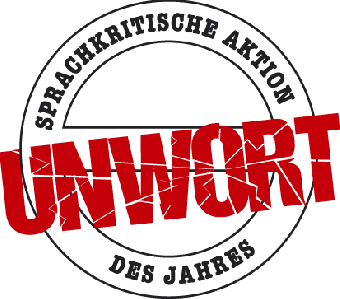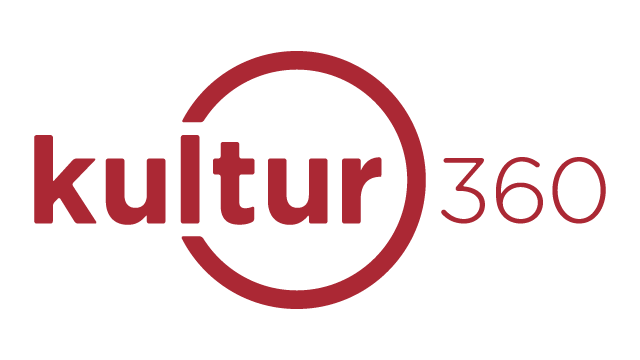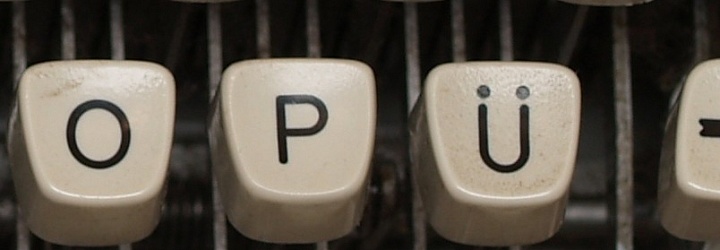Language is constantly evolving as new concepts, events, and other sources of linguistic innovation emerge and require new uses of language to accommodate them. At times, these linguistic sources of inspiration come from other languages, as is often the case with English as a means to accommodate new technologies that were invented in English-speaking countries, and thus make sense to simply translate and apply linguistic morphologies that allow it to accommodate the syntax of the target language (as can be seen in many of the examples from the infographic (link here)).
Yet there are some instances of language that have emerged over time which due to myriad reasons have been deemed no longer culturally acceptable. As a result, the Unwort des Jahres (Unword of the Year) was formulated in 1991 to specifically determine which German words were no longer considered appropriate in the current cultural, social, and political landscape. Specifically, the initiative seeks out words which:
- gegen das Prinzip der Menschenwürde verstoßen (violate human dignity)
- gegen Prinzipien der Demokratie verstoßen (infringe on the principles of democracy)
- einzelne gesellschaftliche Gruppen diskriminieren (discriminate against specific groups in society)
- euphemistisch, verschleiernd oder gar irreführend sind (are euphemistic or even misleading)

Unlike other organizations or initatives which may seek out instances of language that are deemed inappropriate for reasons like the influence of English (such as France’s Académie or Germany’s Verein Deutsche Sprache), this initiative has noble intentions and seeks the opinion of the any individual to suggest a word to be nominated. After receiving numerous recommendations of which word to label, a final jury of four linguists and a journalist choose the most deserving word and officially label it as the Unwort des Jahres.
Although there is no accompanying official sanction against the chosen word, it nevertheless highlights the evolving use of the German language and encourages individuals to be aware of the language they speak and its potentially harmful and disparaging meaning. Many of these words, although at the time of their emergence completely harmless and potentially appropriate, have fallen out of favour and need to be critically reevaluated for their impact on German society.
It is worth looking at the entire list of words which have been selected since 1991 (http://www.unwortdesjahres.net/index.php?id=4), but some particularly interesting ones are included below.
2001: Gotteskrieger – the term used by extremists and others to describe those who partook in and organized the 9/11 attacks
2010: alternativlos – a word used in political contexts and suggesting that there is only one choice – no other alternatives exist – which reduces the democratic freedom that the initiative seeks to uphold
Unwort des 20. Jahrhunderts: Menschenmaterial – a word chosen for the most offensive word of the 20th century, Menschenmaterial was initially used in a military context to refer to humans being used as material and objects of war, and with its further use by political figures such as Hitler in a similar vein, it is an understandable choice for this distinction

